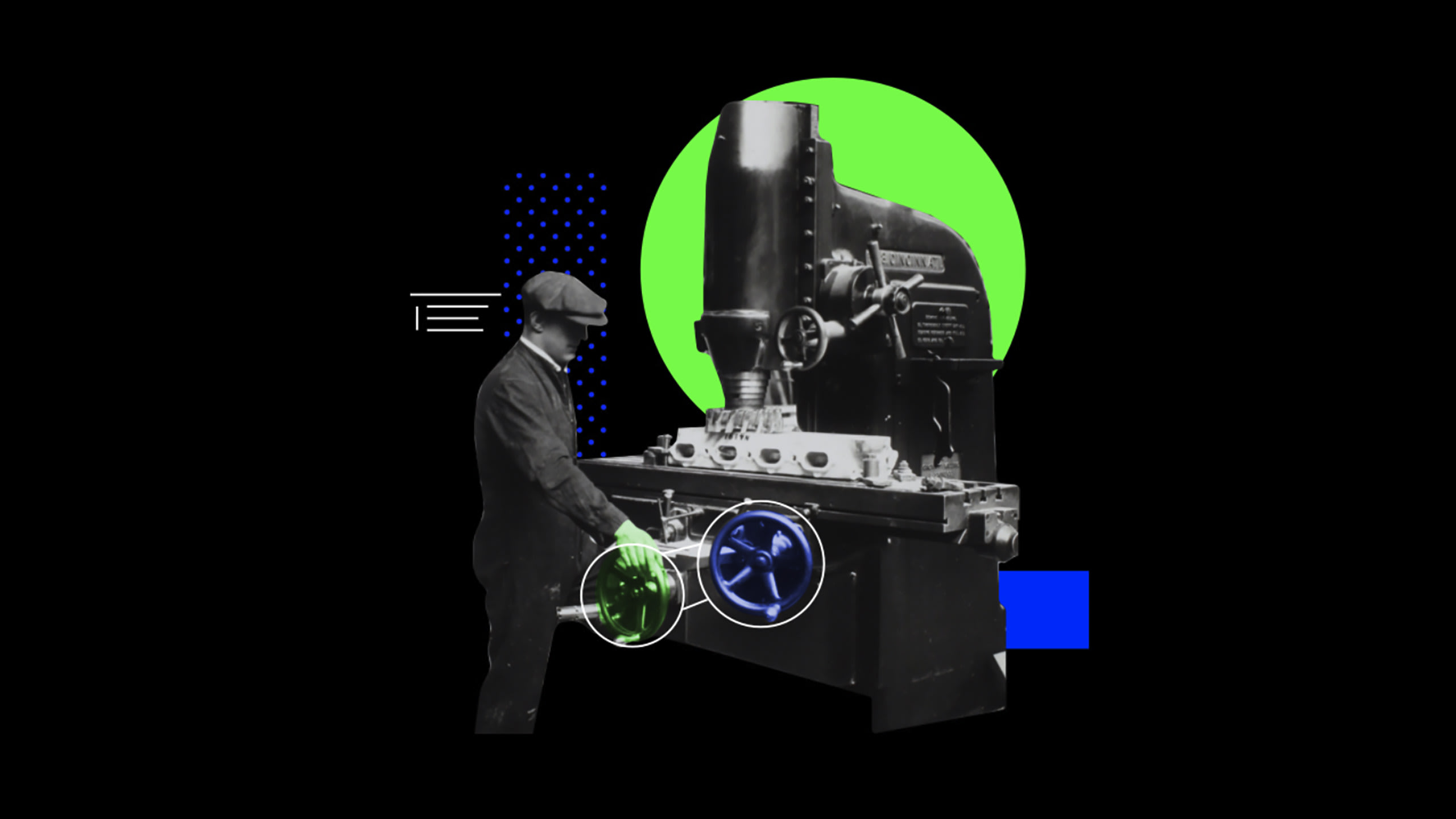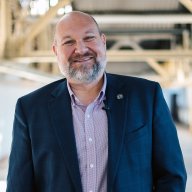
Engineering enterprise apps that become essential tools for every user
Building software that grows with your customers and becomes an essential tool, is a tough technical challenge. And, it's one Brian Williams and the engineers and product professionals at Celonis are tackling head on.
“There's tools that we all use every day at work that we couldn't imagine our lives without,” Williams said. He wants to make Celonis one of those tools for everybody.
A graduate of MIT, Brian Williams is Engineering Director at Celonis and has been a software engineer and manager for nearly two decades. Prior to joining Celonis, he worked on many key products at Google, including YouTube, Google Ads and Google Assistant.
I spoke with Williams while visiting the Celonis Los Angeles office, located in Silicon Beach. He shared with me why he became a software engineer (after assuming he’d design cars for a living), how he and the Celonis team are solving tough technical challenges and the one piece of advice he’d give young engineers.

The following is a transcript of the interview edited for readability.
All the fun problems: Why I became a Software Engineer
Bill Detwiler: Why did you decide to become a software engineer?
Brian Williams: I think it took me a while to figure out this was my calling. I grew up with computers, I grew up with video games. I enjoyed playing but I didn't see myself creating and making and working with these so I never really thought about it.
I went to college, I was a mechanical engineering major for two years. I grew up in a car household, I went to car races, my dad restored classic muscle cars, so I thought I'd work on cars in my career and mechanical engineering was a way to get there.
Then I saw everything was moving to computers, the software and cars, the CAD systems you used to design them, robotics in factories, everything was software driven and I realized that's where all the fun problems were going to be in the future.
Celonis Engineering Blog: Handling API errors with Problem JSON
Bill Detwiler: You know, I love that story, and I'll use it to make fun of all my ME friends that I had back in engineering school myself. So you were a little ahead of a curve though it sounds like, recognizing software was going to eat the world as they say these days.
Brian Williams: I don't know. I think by then, we had seen the tech bubble come and go in the '90s and so I think we realized the power of technology but we maybe hadn't seen the power of the things that really have taken over in the last 20 years, and there's just so much left to do still. And I think that's why I'm excited to be at Celonis because I think they're in an area that is going to be the next 20 years of evolution, they're going to be on the front lines.
Building software the grows with our customers
Bill Detwiler: What do you like and enjoy about the work you're doing now?
Brian Williams: I think the fun of the challenge at Celonis especially is the complication of huge amounts of data and the interfacing with the real world, thinking about how so many different types of businesses need to optimize what they do. There's no cookie cutter solution for this and so the problem, it's kind of endless. You think you've solved it all and there's always another layer to that onion.

Bill Detwiler: What are some of those tough technical challenges that you and team are working on right now?
Brian Williams: I think the big challenges are how do we scale? How do we go from a set of tools that were really built for the first use cases that really solved the customers' burning needs, but how do we deliver something that grows with our customers so that everyone uses it.
There's tools that we all use every day at work that we couldn't imagine our lives without. How do we make Celonis one of those tools for everybody? That's really the challenge, in the scaling and how do we have more and more engineers? How do we grow teams? How do we all get to that point where we're working together and getting a lot done?
Collaboration 101: Write things down
Bill Detwiler: How does the team work together to really approach those challenges? Talk a little bit about maybe the collaboration, the communication, how you all interact to tackle some of the challenges that you face on a daily basis.
Brian Williams: I think one thing that's really been nice at Celonis is the culture of writing things down. You can have conversations with people but things get lost, things get forgotten. People aren't there, and in Celonis's case, they're on the other side of the world, and so you've got to make sure you write down what you think the right answer is to every problem.
But when you write things down, you really start to see all the holes, all the things you haven't answered, all the challenges. People can come in, ask questions, and that process of putting your thoughts on paper is really valuable, not just for the collaboration aspect, because everyone can participate, but also getting to that right answer quickly because you really have to be clear about your descriptions and put in your thought and put in that effort to really make sure you understand the problem you're solving and the solution you're proposing.
So this culture of really writing things down helps the team collaborate and really get to the best place that they need to, really fast.
Celonis Excellence in Engineering
Excellence in Engineering Leadership: The best piece of advice I was ever given
Celonis software engineer shares secrets of building enterprise apps with consumer scale
Leverage the experience of your teammates
Bill Detwiler: And what one piece of advice would you give to new engineers who are faced with tough technical challenges themselves?
Brian Williams: I would say ask questions. We don't do this alone. It's a team effort and so you've got to remember, they're there to help. I think we go through school, especially being graded on your personal contributions, and making the switch into working on a team is really about leveraging all the expertise everyone around you has.
Asking questions is the best way to learn, is the best way to bring other people up to speed, even on your problems, by asking them and then trying to describe your situation, what you need help with. So I think it's really just, ask questions and you'll be surprised how much you can learn from everyone around you.
Join the Celonis team in LA or around the world
At Celonis we’re building a new type of enterprise technology, called execution management. And, we’re recruiting the world’s best engineers to do it. Whether you’re a frontend or backend developer, full stack engineer, data scientist, DevOps specialist, QA analyst or engineering leader – we have technical challenges that need solving.
To learn more about how we’re pioneering advances in AI, machine learning, automation, analytics and data mining, and to see current engineering job openings, visit Celonis Engineering.



